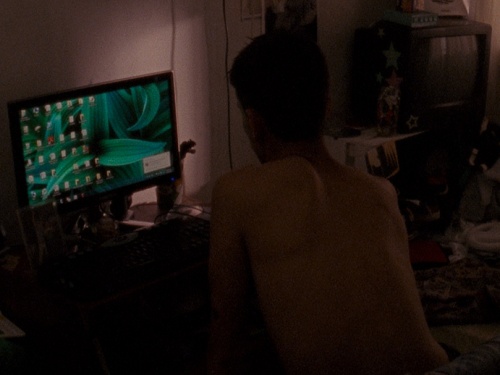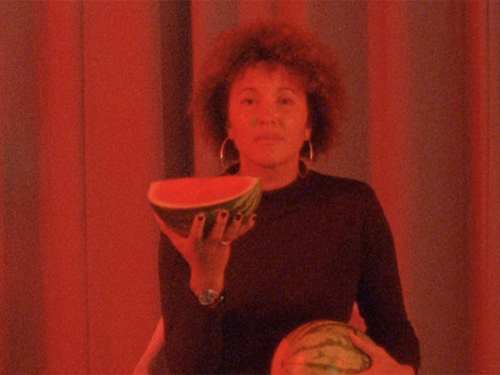Safar versus Stereotypes
The intertwining of film and politics in Arab cinema
Rasha Salti is the curator of the Safar Film Festival, a celebration of contemporary Arab cinema and film-making. Here she discusses the intersection of politics and art in her programming this year.
Stereotypes simplify, flatten and appeal to the worst psycho-affective disposition of individuals and communities. The remedy is contact, circulation, exhibition and opportunities for discussion and dialogue. The importance of the Safar program lies not only in its marvellous endorsement of very accomplished films, but also in the way that filmmakers are present to engage with audiences directly. That is a privilege and a pleasure to be part of.
This is not to say that responding or reacting to stereotypes is the primary urgency for making films or making art, nor is it for my programming to end this urgency. The films in the third edition of the Safar Film Festival don’t engage with this logic: they were made from a different sense of urgency and a different desire, and it is important that they are engaged with on the terms that they set. They are, first and foremost, works of art. They are as much in conversation with the social reality in which they were forged as they are in conversation with international audiences, far-flung from their countries.
"When the political imaginary is bankrupt or aghast, art can become a surrogate territory for imagining what is politically unimaginable or prohibited."
Dictatorships sit comfortably when all other existing political alternatives seem and/or are untenable, and when imagining new ones becomes inhibited (as opposed to prohibited) or blocked. When the political imaginary is bankrupt or aghast, art can become a surrogate territory for imagining what is politically unimaginable or prohibited – for representing the censored, saying the unsayable, provoking an emancipation. Almost everywhere in the Arab world, filmmakers working independently from government and industry support have made films that challenge mainstream and official cinema. When the social insurgencies erupted in Tunisia, Egypt, Yemen, Libya, Syria and Bahrain, the world came to understand that Arab societies were not dormant and submissive, but rather that a worldwide media consensus had blacked out and silenced decades of social resistance. A remarkable number of independent Arab filmmakers had filmed their societies’ resistance and opposition to their regimes. The Arab Spring has a fascinating “pre-historical” cinematic chronicle in narrative and documentary cinema.
Never has programming films by Arab filmmakers been so excruciating. And before you say or think anything: I don’t expect your sympathy. I am a programmer whose woe is having to choose from an abundance of riches, so no sympathy for me. In the past five years, or perhaps a little longer, there has been such a captivating surge in creativity in Arab cinema that every time I prepare to present a selection to an audience I feel like the magician who rolls into town with a box of wonders to reveal. Narrowing down the selection for this forthcoming edition of Safar was very challenging, but now I am overcome with the thrill of presenting each film, and then moderating the conversation with the filmmaker and audiences after the screening. Rather than choosing an overarching theme to guide my selection, I decided to simply celebrate the outcome of this creative surge: the radical diversity and plurality in genres, approaches and voices, the innovation and singularity in cinematic form, and the unflinching pursuit of a subjective language.
In the past five years, or perhaps a little longer, there has been such a captivating surge in creativity in Arab cinema.
Sadly, the system that enables films from anywhere in the world travel to audiences anywhere in the world is a broken one. The films in the Safar Film Festival are extremely unlikely to have a wide release in London any time soon. This is all the more reason to attend: don’t miss the opportunity to be enchanted, provoked, moved, transported and amused. Come celebrate with us these remarkable talents! ■
Safar Film Festival is organised in partnership with The Arab British Centre and is on at the ICA 14-18 September.
This article is posted in: Articles, Events, Film
Tagged with: Film, Film Festival, Rasha Salti, Safar









